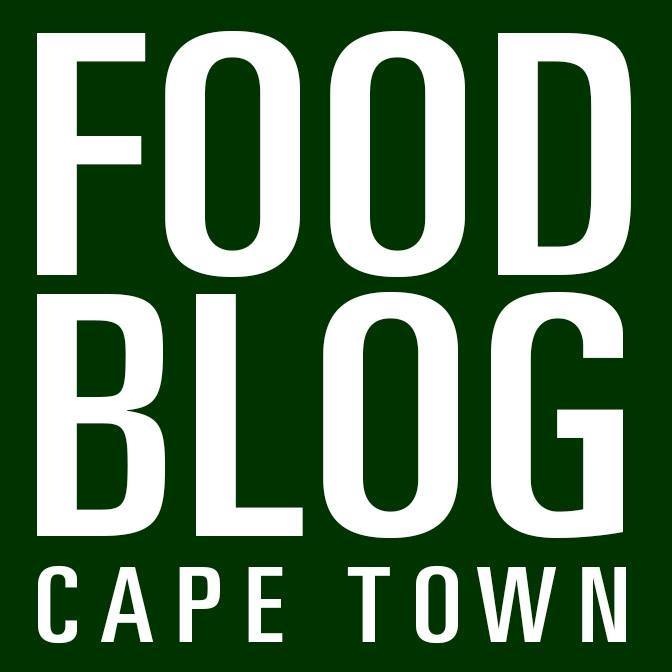One of the best parts about taking a road trip is the food. Not only do you have the freedom to get creative with the snack pack and cooler box, but packing your own food for the road – also known as padkos – puts you in control of your family’s nutrition, and helps you steer clear of roadside fast food or petrol station junk food. Furthermore, bringing your own food for the road trip, instead of eating out for every meal, can make your journey less of a financial strain. We’ve gathered a few ideas for eating well when road tripping, presented in collaboration with Hippo.co.za.
- Choose nutrient-rich foods
When planning your on-the-road menu, include a selection of foods that give your body the nutrients it needs. So, instead of snacks that only feed your body extra sodium, solid fats and added sugars, opt for a combination of protein and healthy fats. The best road trip food is the type that prevents your stomach from growling in anticipation of the next meal and prevents you from snacking on potato chips two hours after your last meal.
- Pick the right cooler
Things can turn out pretty messy if you don’t know how to properly pack food for the road trip. For perishables, choose thick-sided, hard coolers that have an under-drain installed to expel water from melted ice. Store beverages and food in separate containers if possible, and fill with homemade ice packs if possible.
When packing, place the food that will be eaten last on the bottom and snacks at the top. Perishable foods like meat and dairy should be placed directly on top of ice. To prevent food from getting wet, place it into sealed plastic containers or zip-lock bags.
- Make time to stop for meals
Pulling over to have a bite is almost as important as eating while in the car. Stop the car at a roadside picnic spot to give yourself a much-needed break from driving, stretch the legs, enjoy a breath of fresh air and take in the views.
The following is a list of recommendations that will keep you fuller for longer and provide the right nutrients to keep your energy sustained.
Protein
- Fat-free biltong
- Protein bars with nuts, seeds and fruit
- Greek yoghurt with fruit and nuts
- Tuna/chicken salad or low GI bread sandwiches
- Hard-boiled eggs
Healthy fats
- Nuts and seeds
- Avocado and/or guacamole
- Dark chocolate
- Fatty fish
- Full fat cottage cheese
- Hummus
Carbohydrates
- Fresh and dried fruit
- Vegetables
- Popcorn
- Roasted potatoes
- Whole wheat pretzels
- Rye crackers
Don’t forget to drink plenty of water to stay hydrated and keep travel lag at bay. Caffeinated drinks like coffee and tea will make you more alert to your surroundings but these should be taken in moderation. Healthy substitutions for road trip favourites soda, energy drinks and fruit juices include organic vegetable and fruit juices, skimmed milk, fruit shakes, iced teas made with fruit, and fruit tea soda.
Of course, healthy, cheap meals aren’t the only things that go into preparing for a road trip. Before you hit the road, you need to have your car thoroughly checked and serviced, and make sure your Car Insurance is up-to-date to give your family a pleasant drive.
Disclaimer: This article is for informational purposes only. Hippo.co.za cannot accept responsibility for any loss or damages resulting from this article.


